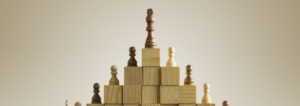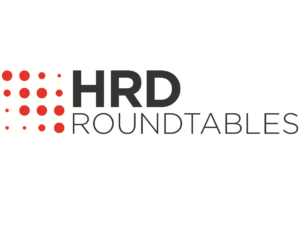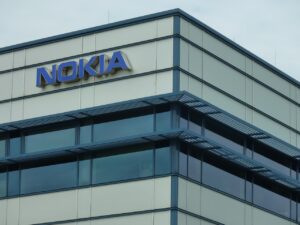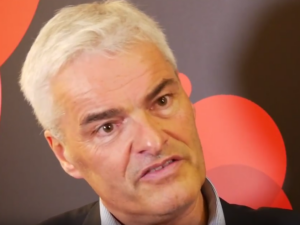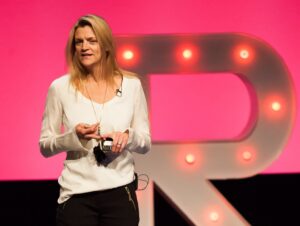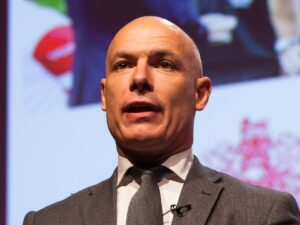The importance of conscious organisations and leaders
- 5 Min Read
Sophie Ireland and Jane Sassienie are Global Directors at Bridge Partners talk about their Co-Lab session at HRD Summit, HRD Connect exclusively talked to them about what makes a good leader, as well as discussing the importance of a conscious organisation.
- Author: Louron Pratt
- Date published: Mar 1, 2019
- Categories
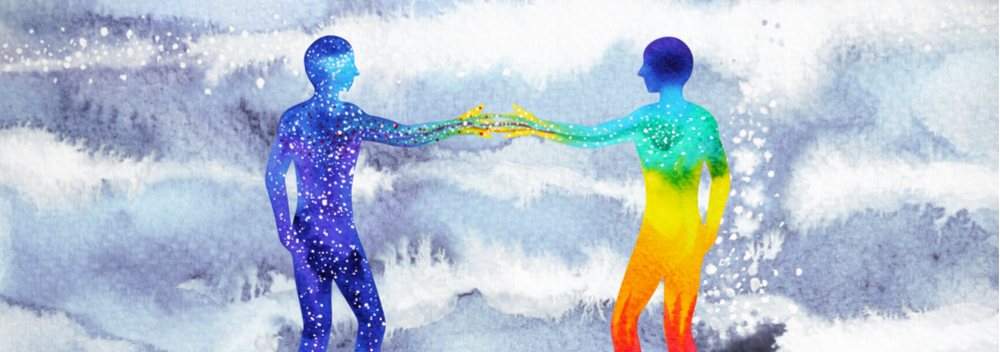
Sophie Ireland and Jane Sassienie, Global Directors at BRIDGE Partnership, talk about their Co-Lab session at the HRD Summit. HRD Connect exclusively talks to them about what makes a good leader, as well as the importance of consciousness in an organisation. Sophie Ireland (S.I) and Jane Sassienie (J.S) share their thoughts on these topics.
What does the conscious organisation mean to you?
S.I: Conscious organisations are organisations that are very aware and thoughtful about the context in which they are operating, and consider a range of stakeholders (employees, consumers, customers, shareholders, communities they serve and the planet) when creating their products and services.

J.S: They are organisations who are not just thinking about their financial gains but also thinking about the social and global impact of what they do. One of our key insights is that the businesses who will be at the top of their game in the next 20 years will thrive because of the positive impact they have on the world around them.
Do you think there’s an area in this space that HR overlooks?
S.I: HR will have a pivotal role. They are at the centre of any organisation. They have an opportunity to participate across all functions and lines of business. In particular, we see the role of HR as being insight generators – HR is the consciousness of the organisation, therefore they can play a critical role in developing a sense of what’s going on in their organisation and what is needed most.
Consciousness is in fact about awareness, being purposeful and intentional about answering the questions “what’s really going on?” and “what’s really needed here?”. The most critical role of HR is to be connected to and savvy about the business, the workings of the organisation, the culture, and the values so they can ask these two questions and generate insights from them.
J.S: Our recent research found that many organisations, regardless of whether they were doing the same thing were using the same language to talk about the work of HR (particularly when it comes to values programmes and competency frameworks etc). However, some of the organisations and HR functions were doing higher quality and more conscious work than the others and although the language is the same, when a function is conscious and thoughtful in its running, it shows.
What types of HR do you think exist?
S.I.: This depends on the situation that the organisation is in. A very new start-up organisation will require a different kind of HR to a very established organisation, it’s also about the confidence that the business has in its culture and strategy at that moment.
Often organisations try and have everything covered, organisations are not good sometimes at making choices and saying “this is what’s needed now”. At BRIDGE, we set about understanding their context, understanding their unique situation and partner with them to make choices about the function of HR that’s needed right now.
Could you give me a bit of an overview of your Co-Lab session and what you covered?
J.S.: The entire session is focused on quality of awareness and thinking. We’re asking the question “how conscious are you?”, we explain why it matters and we explore how people can grow their consciousness.
Everywhere you go now you see programmes using mindfulness as a practice, but they’re not really teaching or helping leaders to take it into their daily world as their own discipline.
We’ll start by talking about how you can increase your consciousness and what we’ve learned over the years about how you do this – it’s through what is called ‘Practices’. As a child our development happens naturally because as our world gets more complicated we, as children, need to evolve. When we become adults, development and consciousness can continue to evolve but we need to start to take a more active part in it – we need to develop ‘intentional practices’.
How would you define ultimate leadership?
S.I: Leadership happens when consciousness (of what needs to change) is met with courageous action. If you’re conscious and not acting on what you see, you’re just a spectator. If you’re unconscious of what is needed and not an activist, then the status quo will prevail.
Leadership is an action that you take when you become aware of something that needs to change and you have the courage to take action. Therefore we [BRIDGE] see leadership as much more of an action and practice, something that you need to continue to be aware of and practice, rather than a set of personal traits or competencies.
J.S: Often I think the little acts of leadership are where people demonstrate the most amount of courage. Leaders will implement a massive programme but they won’t have a difficult conversation with one human who’s struggling, or refuse to shift their mindset or perspective on a matter of importance, so it’s the small acts as well as the big ones – that’s where ultimate leadership prevails.


